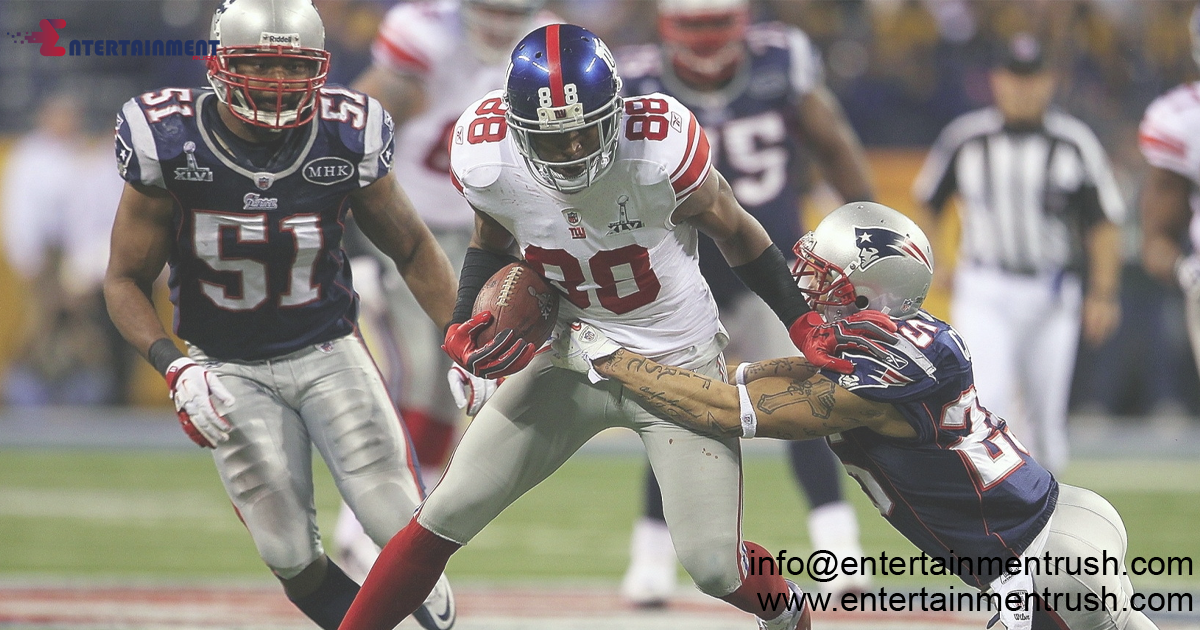Sports have long served as a powerful catalyst for unity and diplomacy on the global stage. Beyond the competition and athletic prowess, sports possess a unique ability to transcend cultural and political differences, fostering connections and understanding among nations. From the Olympic Games to international tournaments, the world of sports offers a platform where nations can come together, share experiences, and build bridges of friendship.
Sports Diplomacy: A Pathway to Understanding
Sports diplomacy has emerged as a key tool for fostering international relations and diplomacy. By engaging in friendly competitions and collaborations, nations can establish common ground and promote mutual respect. Sporting events provide a neutral and inclusive environment where athletes and spectators from diverse backgrounds can interact and celebrate shared values. For example, ping-pong matches between the United States and China during the Cold War era, known as “Ping Pong Diplomacy,” helped thaw relations between the two nations and paved the way for diplomatic dialogue.
The Olympic Movement: A Global Celebration of Unity
The Olympic Games exemplify the power of sports to unite nations. Dating back to ancient times, the Olympics symbolize peace and cooperation among competing city-states. In the modern era, the Olympics continue to promote international understanding and goodwill through sports. Athletes from around the world gather to display their talents, transcending political differences and promoting a spirit of camaraderie. The Olympic Truce, a tradition dating back to ancient Greece, calls for a cessation of hostilities during the Games, emphasizing the importance of peaceful competition.
Sports as a Cultural Ambassador
Sports serve as a cultural ambassador, highlighting the traditions and values of nations to a global audience. Whether it is the rhythmic movements of Brazilian capoeira, the grace of Japanese martial arts, or the passion of Argentine tango, sports reflect the rich diversity of human expression. Through sports, nations can share their heritage and promote cross-cultural appreciation, fostering a sense of interconnectedness among peoples. The popularity of sports like soccer (football) and basketball transcends borders, becoming global phenomena that bridge cultural divides.
Breaking Down Barriers and Stereotypes
Sports have the power to break down stereotypes and prejudices by highlighting shared humanity and common aspirations. When athletes from different nations collaborate and compete, they form bonds based on mutual respect and admiration. The friendships forged on the field can extend beyond sports, contributing to positive diplomatic relations and cooperation in other realms. For example, initiatives like the Peace and Sport organization use sports to promote reconciliation and peacebuilding in conflict-affected regions.
Sports for Development and Peace
In addition to fostering international relations, sports play a vital role in promoting development and peace. Initiatives such as sports for development programs use athletics to empower communities, promote gender equality, and instill values of teamwork and fair play. By investing in sports infrastructure and programs, nations can create opportunities for social inclusion and cohesion. Programs like “Play for Change” in impoverished communities demonstrate how sports can be a vehicle for positive social change and empowerment.
Leveraging Mega Events for Diplomacy
Mega sporting events like the FIFA World Cup or the Rugby World Cup provide host nations with a unique platform to display their hospitality and cultural heritage to the world. These events attract millions of visitors and media attention, offering a valuable opportunity for diplomacy and economic growth. Host nations often leverage sporting events to strengthen diplomatic ties and promote tourism and trade. The successful hosting of major events can leave a lasting legacy of international cooperation and collaboration.
Conclusion: Sports as a Unifying Force
In conclusion, harnessing sports to unite nations is not merely about competition but about building meaningful connections and fostering understanding across borders. Sports have the power to transcend differences and bring people together in pursuit of common goals. By embracing sports diplomacy and investing in inclusive sports initiatives, nations can harness the unifying potential of sports to promote peace, cooperation, and global solidarity. Let us continue to celebrate the transformative impact of sports in bridging divides and building a more interconnected world. Together, through the universal language of sports, we can create a brighter future where cooperation and understanding prevail.
